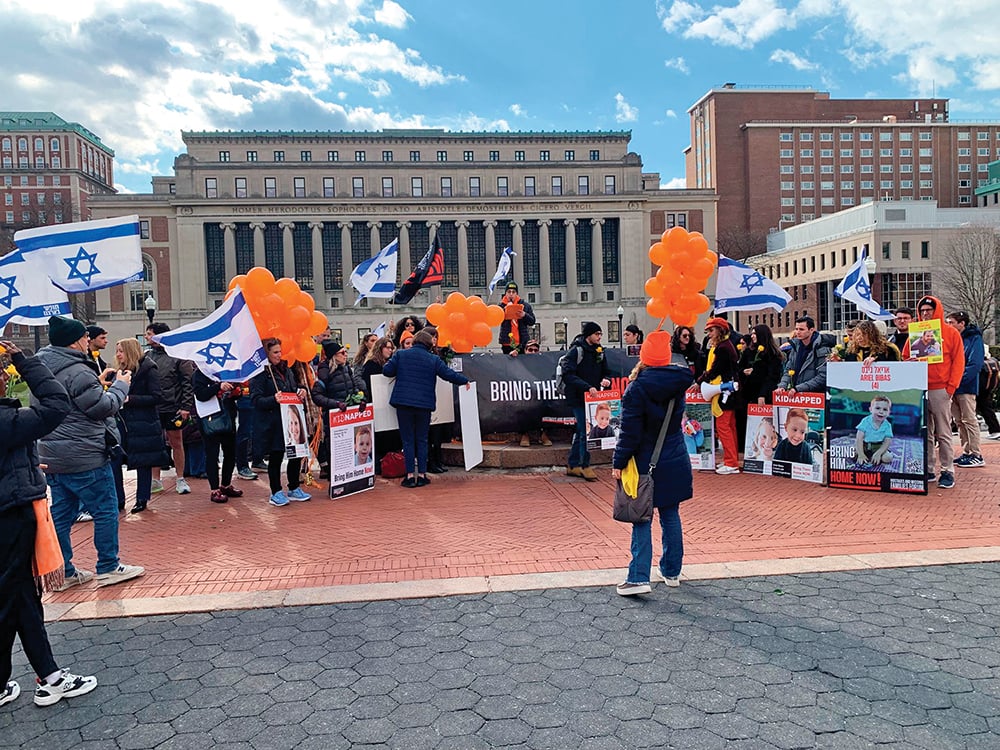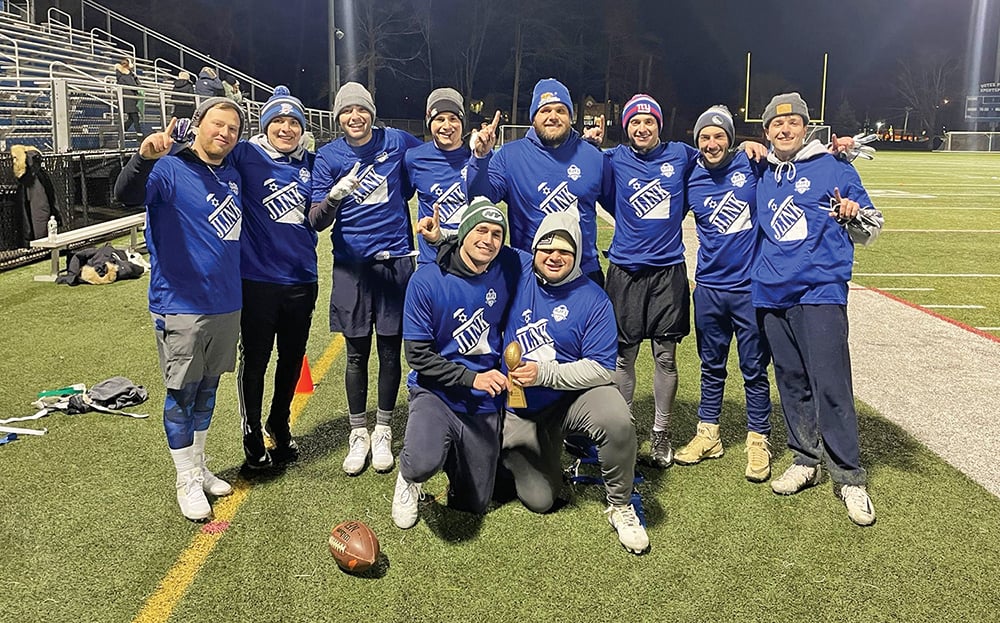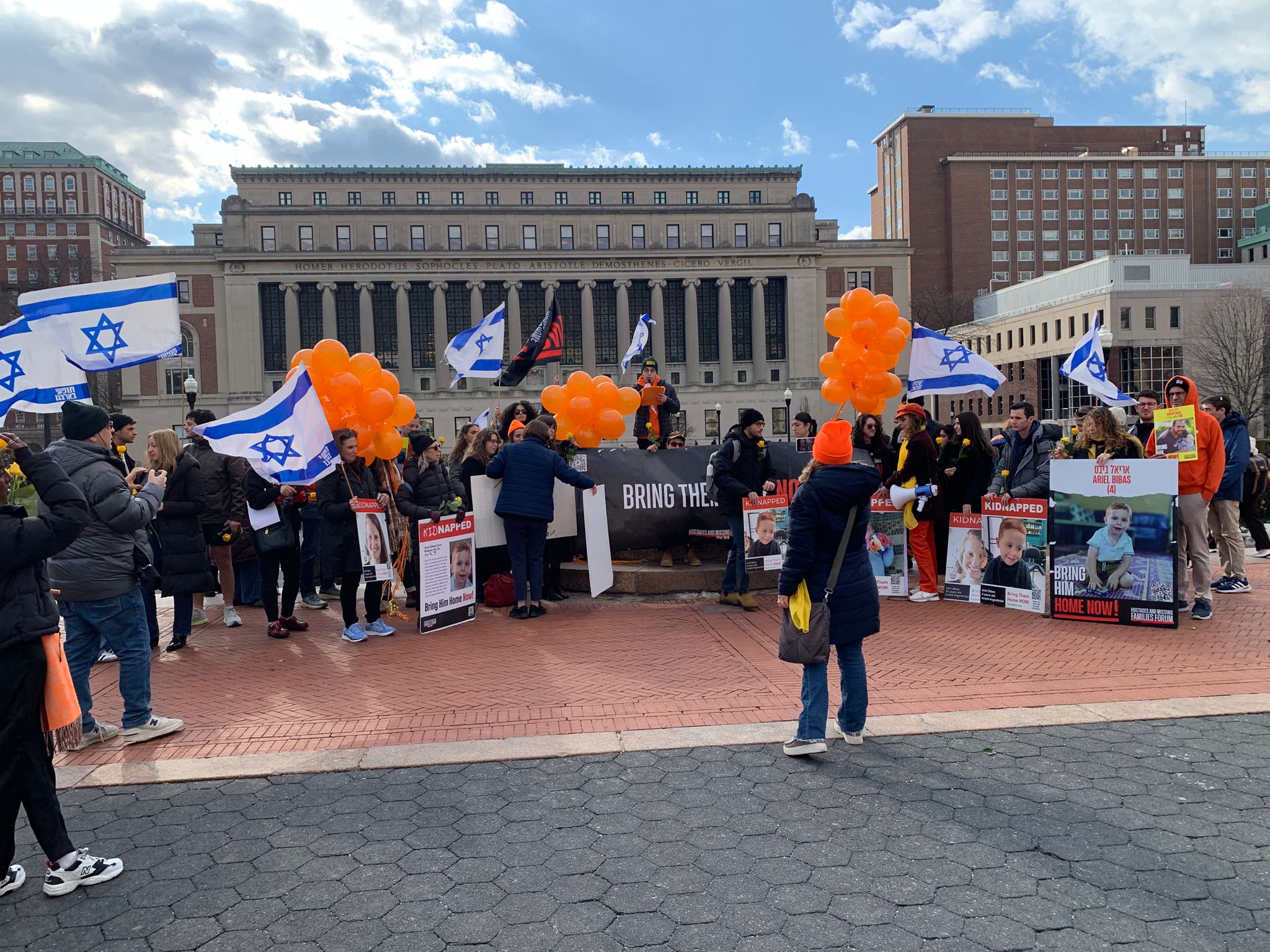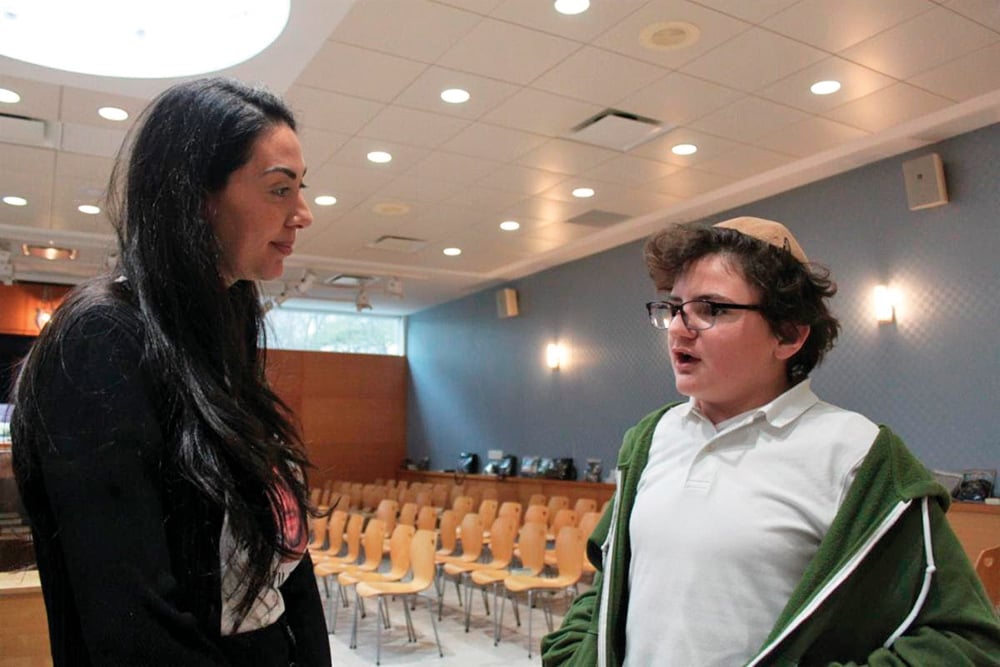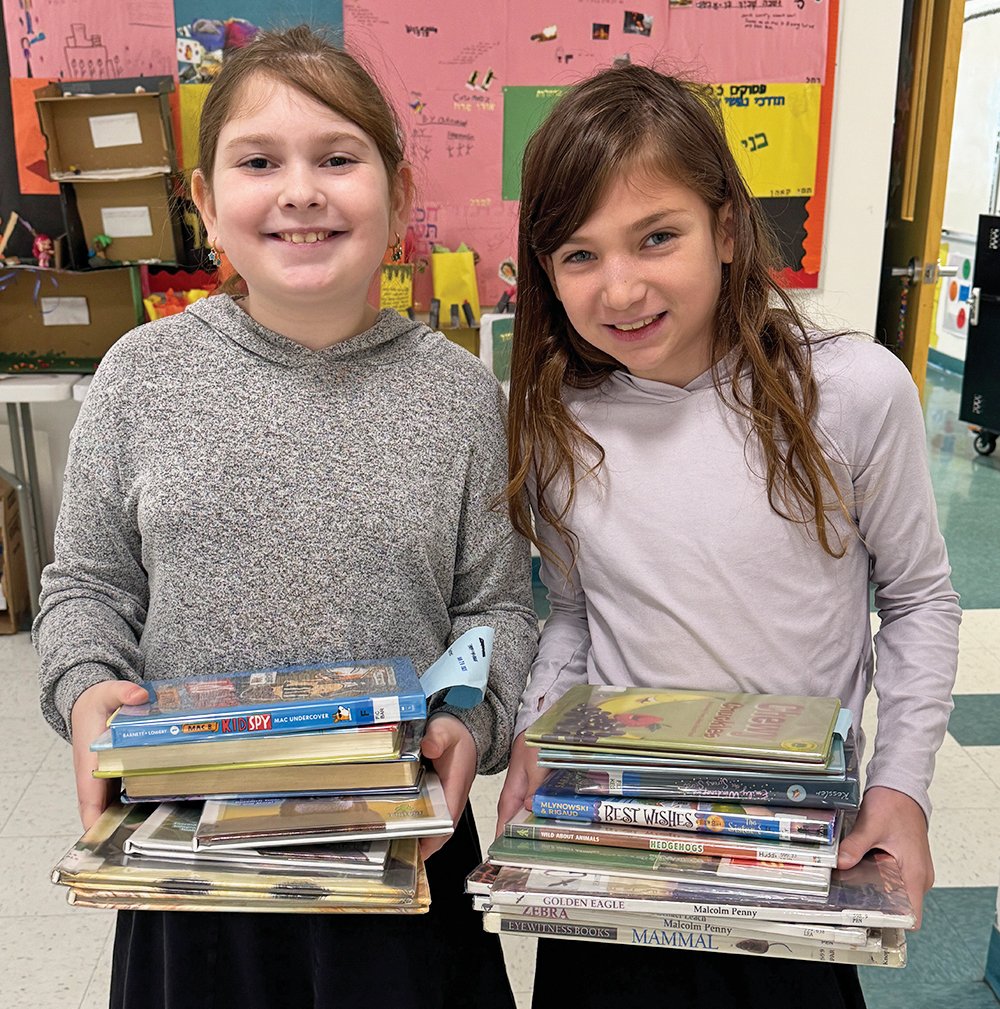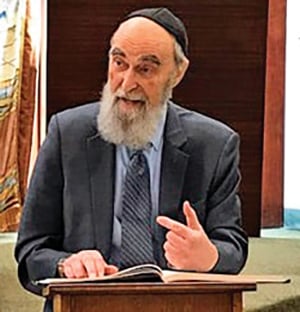
Why do we mourn: The wailing, the tears, the eulogies? What are we doing when we sit and think, contemplate and cry, over those who have passed?
On 4 Shevat, 5785, world Jewry lost a giant, and my city lost our leader. HaRav HaGaon (an epithet he never would have accepted in his lifetime) Elazar Mayer Teitz, zt”l, mora d’asra of Elizabeth, was niftar in the hours after Shabbos. The entire greater Elizabeth/Hillside community is grieving as we process the Rav-sized hole that has been left in our midst.
I have had the privilege of spending over 25 years as a part of the various congregations that the Rav served. And yet, unlike many of the others who have spent multiple decades of their lives here, my relationship with Rav Teitz was not nearly as deep. For unlike those who have lived here even longer than I, or those who moved here as adults, my time here began before I had even celebrated my first birthday.
Growing up, Rav Teitz was a legendary figure. My family moved here after his illustrious father and the founder of the JEC, Rav Pinchas Mordechai (using the English order) Teitz, zt”l had already departed from this world. The reverence with which I heard the older crowd refer to the “original” Rav Teitz was the same way I viewed the second. He was a tremendous talmid chacham and a math genius, the person the chazan would wait for to start Chazaras HaShatz (though he would insist than honor be accorded only to the rabbi of the shul), and the rabbi who would list off remarkable gematrias at the bar mitzvahs of my friends (he would joke that he could be making them all up as no one ever checked him). He was the all-important Rav Ha’Ir, with the most distinct “Al Kein” for Kiddush of anyone I have ever heard. And, as a child, I found him quite imposing and intimidating (both physically and spiritually). Though I now know him to be incredibly approachable, at the time I stuck to going to my parents, rebbeim or shul rabbi if I had any questions or needed any advice. This was how I spent the first 18 years of my life, as I davened in the JEC shul and attended the attached educational institution for my K-12 years of schooling.
As I transitioned from child to adult and moved back to the area (albeit switching from the Elizabeth side to the Hillside side) with a family of my own, the paradigm that I had of Rav Teitz began to shift. I still viewed him with extreme reverence, probably more so now that I had a bit more appreciation of what it meant to be a Gadol B’Torah, but I was no longer so afraid to speak with him. I would ask him questions on the parsha at the kiddush and discuss historical matters about Elizabeth and the greater American Jewish community on the few occasions I accompanied him to and from his house on Shabbos. A special treat was getting to talk with him about the finer points of Krias HaTorah; dikduk was one of Rav Teitz’s many areas of expertise, and as a regular Baal Koreh, I was always excited to learn something new. Unlike in my youth, I had started to form a real relationship with him.
Spending the last half-week listening to hespedim from his family and older community members, however, illustrates how much more there was to gain from him. While his intellect stayed with him, his voice waned over the last number of years, limiting his public speaking appearances primarily to drashos on Shabbos HaGadol and Shabbos Shuva. Contemplating this, I realized I had rarely heard a full shiur from him, even though we had informally spoken Torah together many times. I always knew he had been the successor to his father. But hearing about how much he understood his life’s mission to be about keeping and strengthening that legacy allowed me to better appreciate the minhagei hamakom our community is so famous for, and made me wish I had asked him more about the concept of mesorah more broadly. I knew he was a polymath, everyone did. But now I wish I had asked more about his hashkafa, how he successfully and expertly blended mastery in Torah with a love of math and logic and navigated life as a Torah Jew engaged with the modern world. I learned so much from Rav Teitz. And yet, I mined so little of what he had to offer.
We mourn because we are sad: sad not just because we have lost a person we loved, but because we are upset we did not take greater advantage of all the opportunities that we had with him. We are also anxious about a future we must navigate alone, without the advisor we once relied upon.
We mourn the dead, but we also mourn for the living. Yehi Zichro Baruch.
Barak Hagler is a young Jewish professional living in Hillside. He cares deeply about the general Orthodox community that he is a part of, and enjoys discussing the various facets that it comprises. He can be reached at [email protected] for any thoughts or comments.


